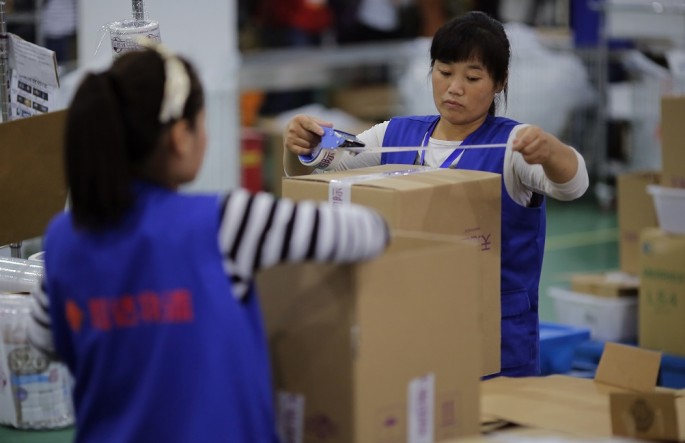The city of Hangzhou has been given the green light by the State Council to set up the China's first cross-border e-commerce pilot zone.
Hangzhou's largest advantage lies in its prosperous e-commerce industry, especially the e-commerce giant Alibaba Group Holding, said Lu Zhenwang, founder of Shanghai Wanqing Commerce Consulting.
While there are seven cross-border e-commerce pilot cities approved by the General Administration of Customs, Hangzhou's is the only one at a national level.
"Considering weak foreign trade growth recently, setting up the pilot zone is a new way to boost imports and exports," said Wang Xiaoxing, an analyst at IT consultancy Analysys International.
Wang noted that Chinese customers have a huge appetite for overseas goods and have to pay taxes amounting to 50 percent.
The high tax rate is no longer appropriate as these are considered just daily goods now in the e-commerce pilot zone.
Wang added that an effective and qualified e-commerce platform can help curb the problem of counterfeit products.
The Hangzhou pilot zone should make innovations in terms of standards, supervision and information systems for cross-border e-commerce, said the State Council. It serves to solve problems in cross-border e-commerce and help build a comprehensive industry chain.
Alibaba noted that through a series of preferential policies expected to be offered for the pilot zone, it will be cheaper and easier for Chinese customers to purchase overseas products through e-commerce platform tmall.com.
Alibaba said that it also expects Hangzhou's pilot zone to keep products in the negative list being from being imported.



























